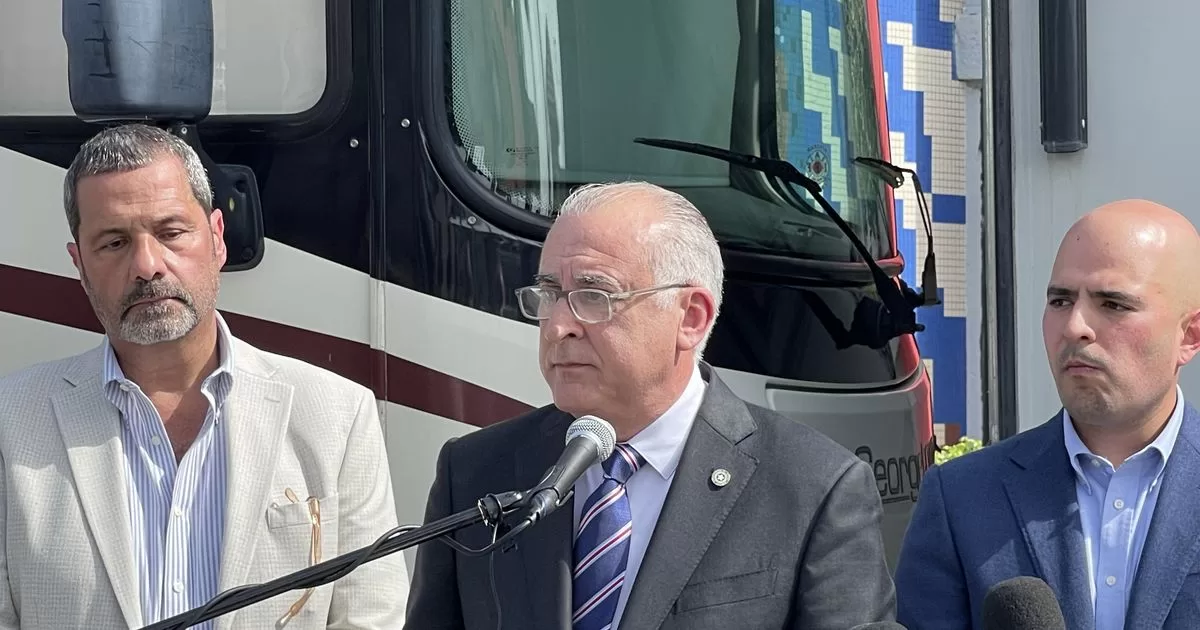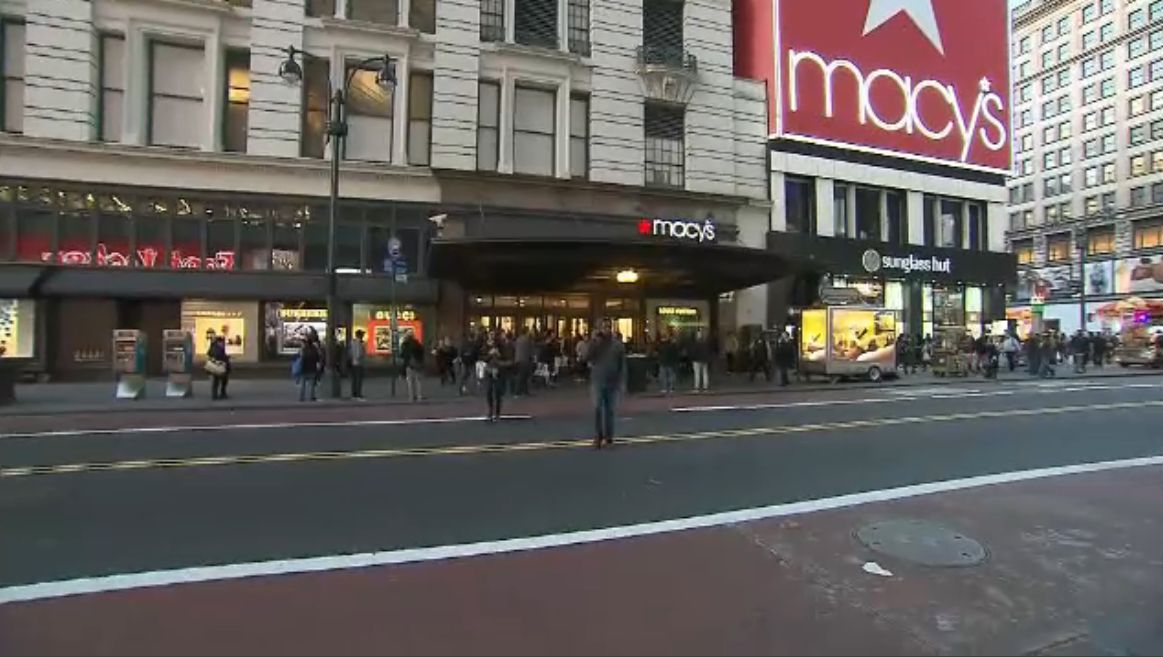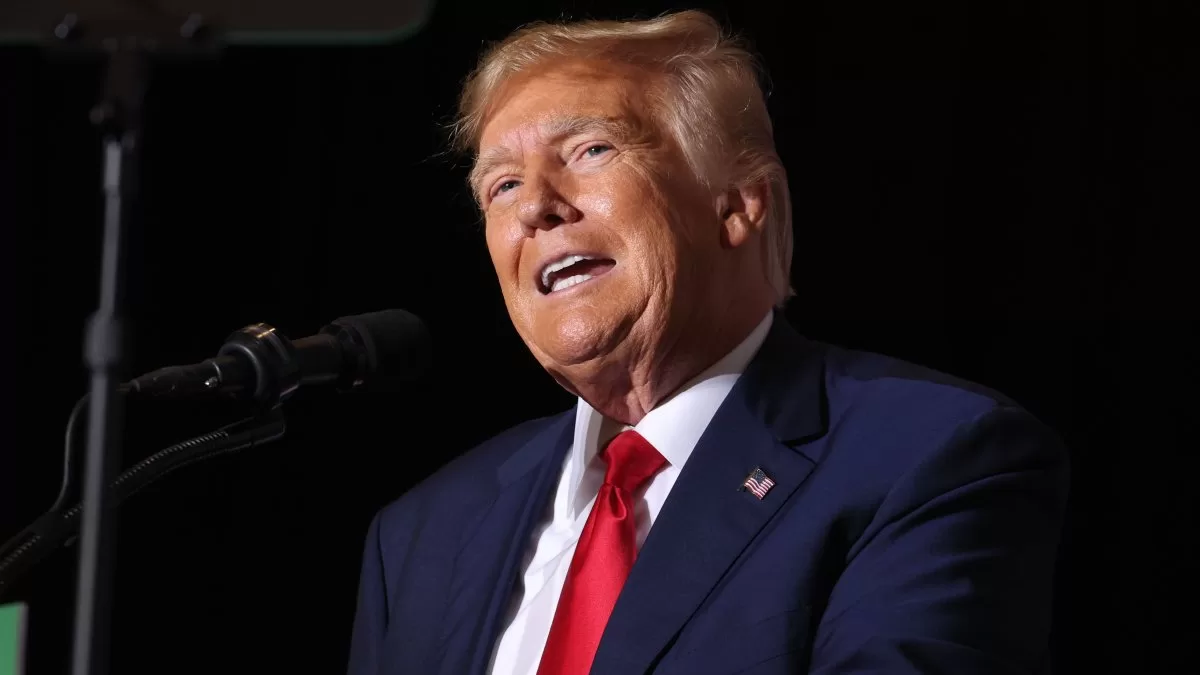The ordinance, approved with two council members voting against, prohibits allowing more than one recreational vehicle (RV) or mobile homes to be parked on single-family properties in the city and delimits areas in homes where These can be parked.
Councilman Jesús Tundidor, sponsor of the rule, said at a press conference that the ordinance ensures the quality of life of residents and constitutes a victory for public safety.
The president of the Municipal Council stated that there are about 200 registered mobile homes in the city and he estimates that there are “another 200 illegal ones, without license plates.”
According to Tundidor, “the norm is a victory for people who have lived in Hialeah for 20, 40, 50 years, who have fought hard, saved every penny to have a beautiful and respectable house. It is a way to prevent, at this point in life, a trailer park from being located next to their house.”
“Hialeah is not Coral Gables, nor Miami Spring, but it is not a third world country either. Hialeah is a community of fighters and workers and they deserve the best,” she stressed.
Parking lot
The rule will allow parking a single RV not exceeding 24 feet in length in any of the side yards of a single-family property located in the residential area of Hialeah, provided that said vehicle is parked not less than three feet within the property lines. Prohibits the parking of RVs in the backyard of a property.
The parked RV You must register for free at the Town Hall in the name of the owner of the home or a tenant with a current rental contract. “The registration document must be displayed in a visible part of the RV,” the new code states.
Prohibits renting
The ordinance establishes that RVs cannot be used for rent, living, sleeping, or storage. While they are parked in the homes, they must have a license plate. Mobile home owners must sign a document agreeing not to use it for any of the uses prohibited by the city.
Security
For his part, Mayor Esteban Bovo emphasized safety: “The most important duty for a councilor or commissioner is the safety of our residents.”
“Controlling RVs is a matter of protecting life, not only for residents but also for people who serve the community with dignity. “When they call 911 about a fire, police and firefighters must attend as soon as they can and many times they do not know if the alarm occurs in the main house or in one of these vehicles,” he commented.
The mayor said that it is very difficult to establish whether the person who lives in one of these mobile homes is a sexual predator since there is no control over the person who is renting it.
The new ordinance also prohibits RVs from connecting to water and sewer lines “except for the purpose of unloading the vehicle for a maximum of 30 minutes.”
If an inspector detects an illegal connection of an RV to the sewer or electrical current, he or she reserves the right to cancel or pause service to the property involved.
Entry into force
“As soon as we sign this ordinance, we will tell inspectors to go to homes that are unsafe due to these types of violations and disconnect them from electricity and water. We are not going to let bad actors ruin the quality of life for our city residents. It is unacceptable and I applaud the courage of the councilors who voted in favor of this ordinance,” said Mayor Bovo.
However, Hialeah residents will have 120 days to receive information and comply with the new rule.
Sanctions
All persons violating these city regulations will be fined not to exceed $500 per day of violation.
Commercial Vehicles
The ordinance also prohibits commercial vehicles from being parked on Hialeah properties. “These are trucks and large harrows,” Tundidor clarified.
Councilors Bryan Calvo and Angélica Pacheco, the only ones who voted against the regulations, also spoke out on the matter.
Calvo said he agreed to limit mobile home rentals, but “this was already prohibited in the previous ordinance.” The councilor said he was concerned that the new rule is not clear with commercial vehicles and boats. “The way the ordinance is written, it prohibits parking of any commercial vehicle,” he said.
“Now the city council can impose a fine of $500 per day for having a VAN type vehicle at your house or for having a boat. “That has nothing to do with the problems that are affecting the city, which are the problems with RV rentals,” she noted.
“It is totally unnecessary and I think the government is acting in a very oppressive way against the residents of Hialeah who pay taxes and money for water services and on top of all this, they are limiting what vehicles they can have in their homes,” said Calvo. .
The most vulnerable
In this context, Pacheco indicated in a press release that the new ordinance affects the most vulnerable people and is intrusive for the general population.
“If the existing ordinance had been enforced, the City would have been able to guarantee the safety and right to quiet enjoyment of each homeowner,” Pacheco opined.
“The implementation of this new ordinance sends the message that the needs of our less fortunate residents are not a priority for the city government,” he added.
“As a councillor, I firmly believe in following the rules, but this must be balanced, with humanity and compassion. We must strive to find a solution that takes into account the diverse needs of our community and does not disproportionately burden those who are already marginalized,” said Pacheco, who urged the local government to “focus on addressing the root causes of the problems we face in instead of creating unnecessary media spectacles.”
In the last three years, some 450,000 Cubans entered through the southern border of the United States, according to Customs and Border Protection. It is unknown how many of them have settled in the most Cuban city in South Florida.
(email protected)
@menendezpryce






